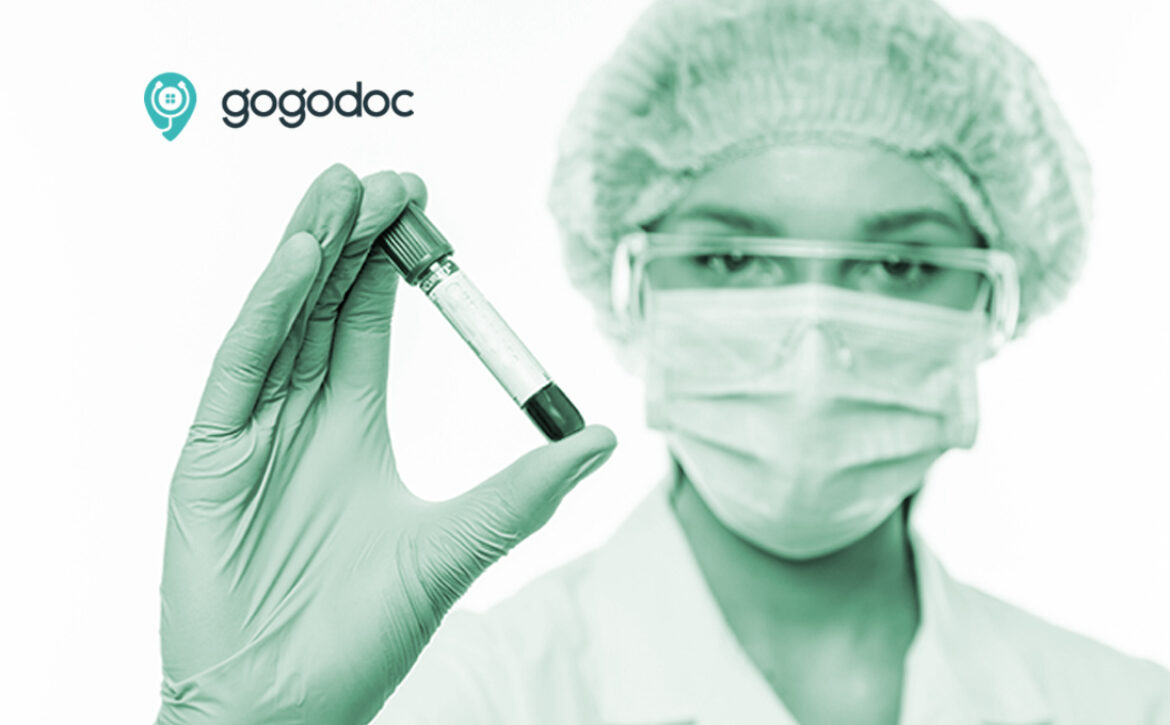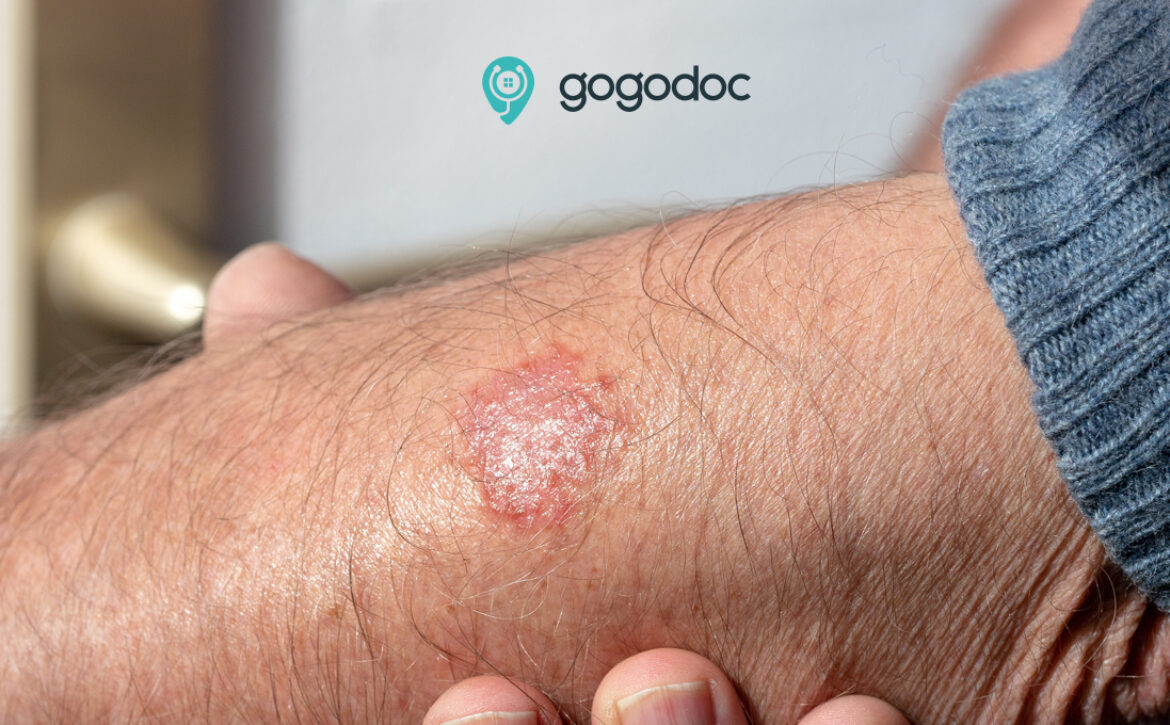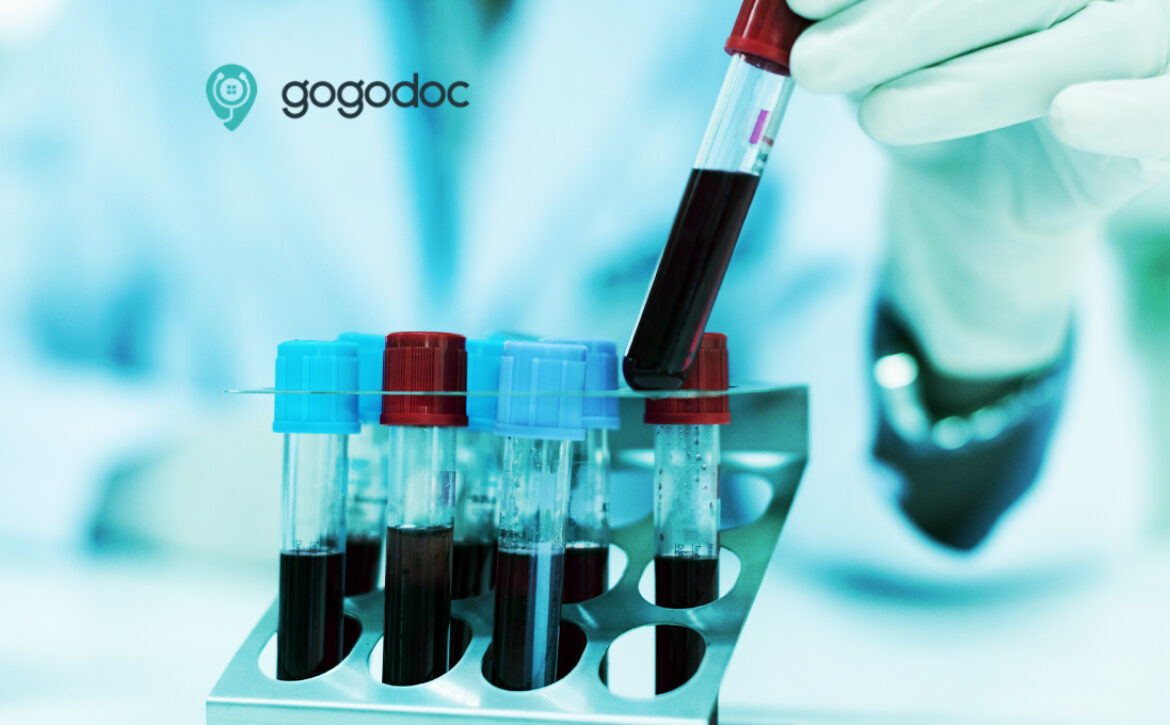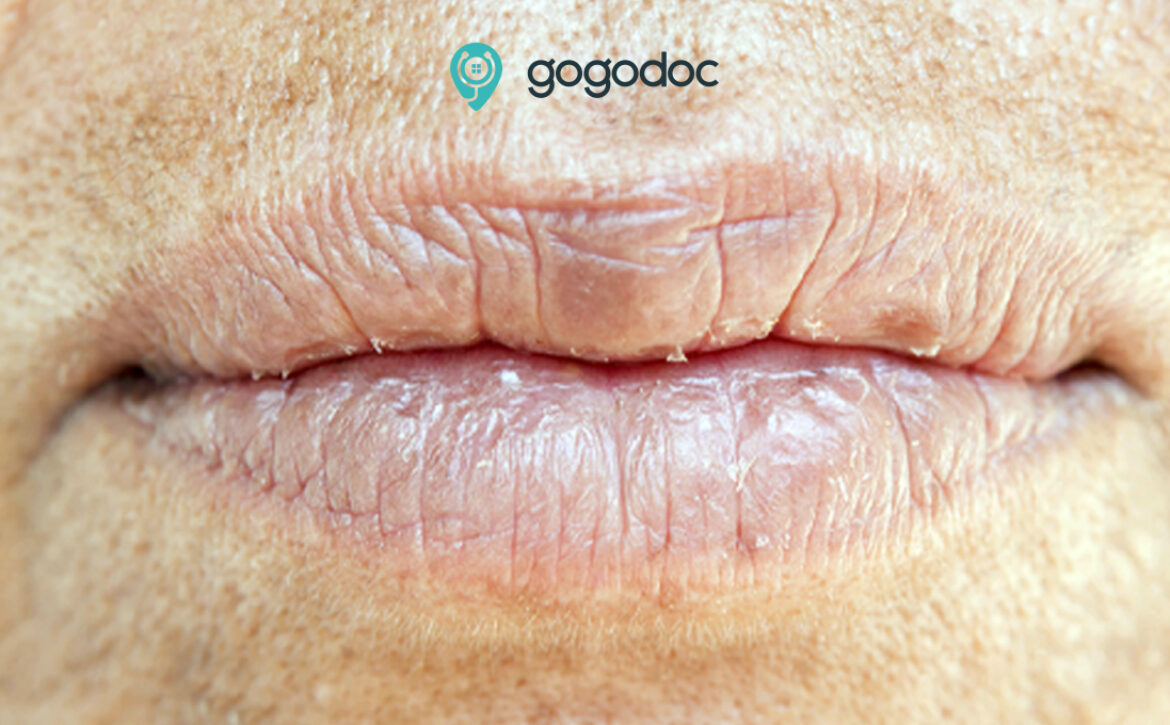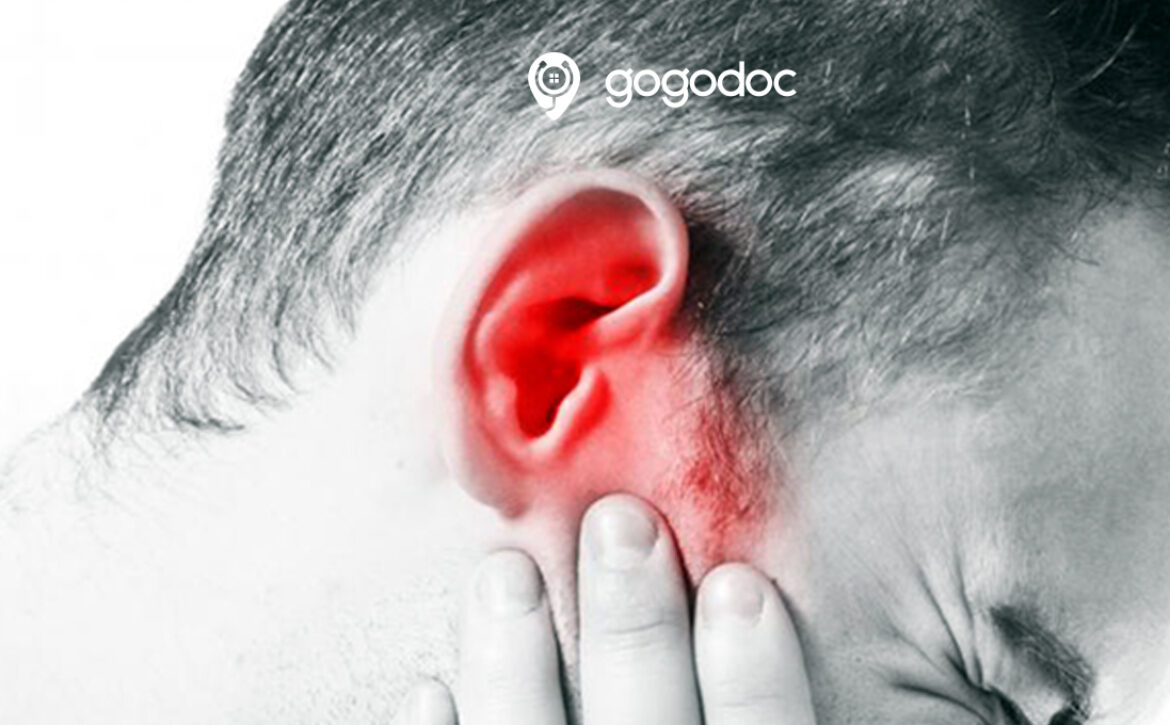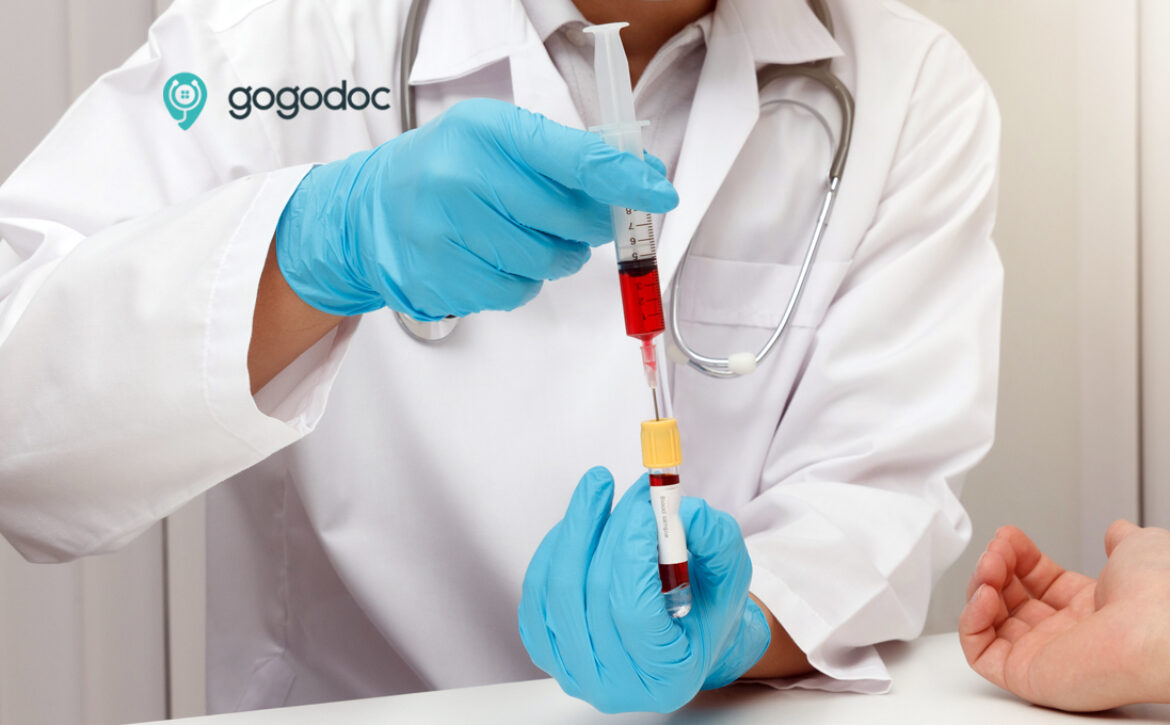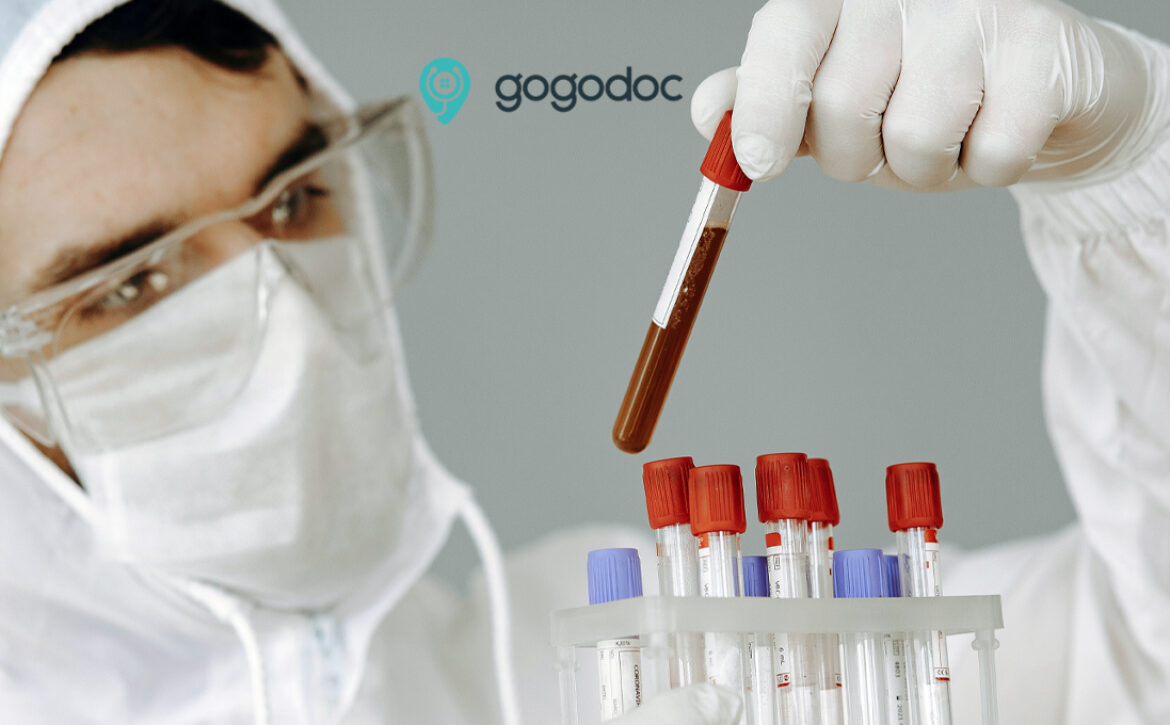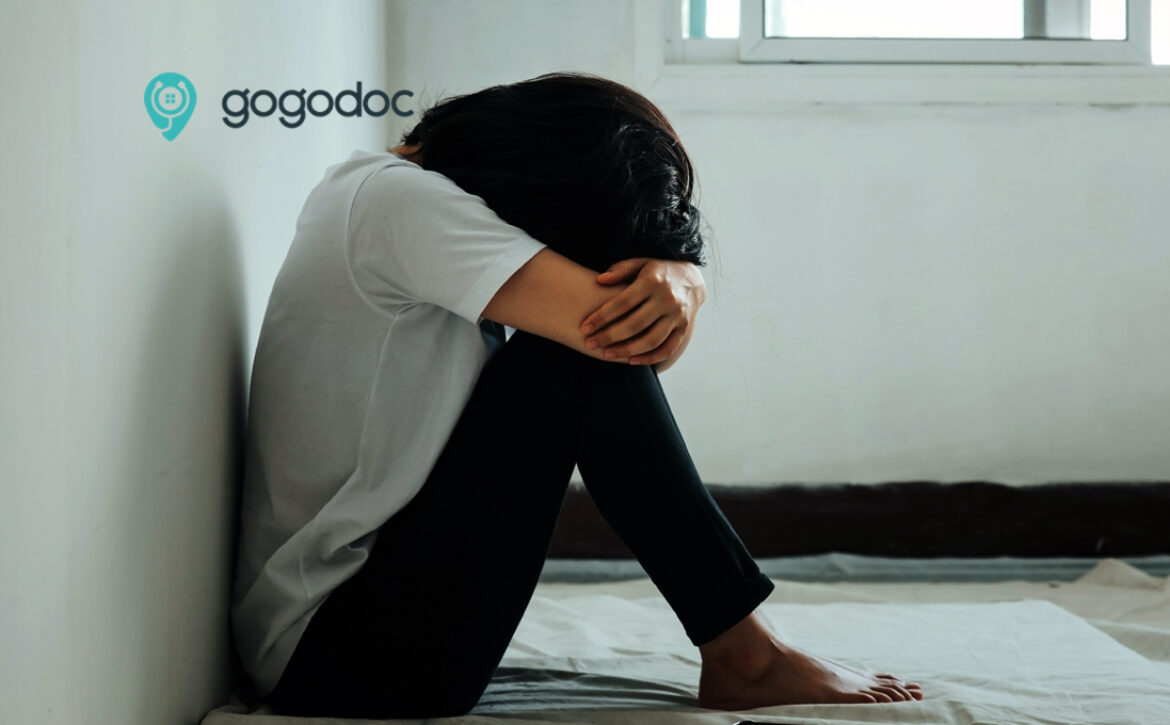Well Man Profile + HbA1c Profile
This test is particularly useful because it gives an implication of how often you’ve had abnormally high blood glucose levels over the previous 3 months.
People who have diabetes need this test regularly to see if their levels are staying within the range.
This test diagnoses diabetes and checks your control for those who are already, known to have diabetes.
- A high level of glucose is known as Diabetes.
- A low level of glucose is known as Hypoglycemia.
Blood test can be an important element in inspecting your health conditions. But always remember, diagnosing a medical condition or starting treatments should always be in consulting a doctor, where your symptoms and examinations can be performed.
Ask Gogodoc About’ is an educational series providing information on various symptoms, pains, and disorders. (*intended for educational purposes only. If you are experiencing symptoms, please reach out to book an online GP consultation with a Gogodoc GP.) Talk to a doctor online at a time that suits you from home with a phone or video appointment. You can easily book an appointment with GP.
Book a video consultation today! and get expert advice.


